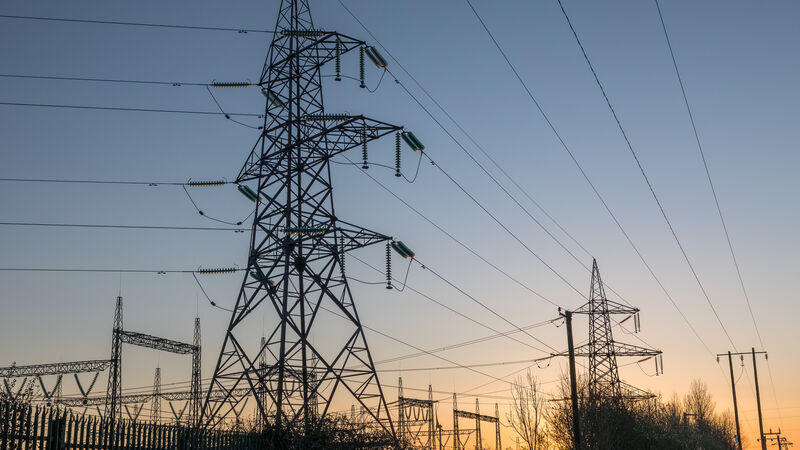Ireland will need 'to invest €1.1bn a year to strengthen power grid'

Ireland faces injecting a comparatively large investment of €1.1bn each year from 2030 in strengthening its power grid to cater for increased electricity demand and to facilitate wind and solar power, an EU-wide study from business group Eurelectric suggests.
The Brussels-based group also said EU countries would have to double spending on their power grids if they are to reach their mandated targets of net-zero emissions by 2050.











